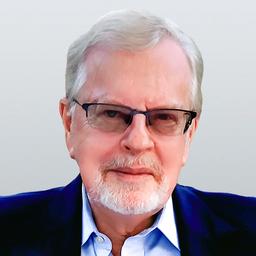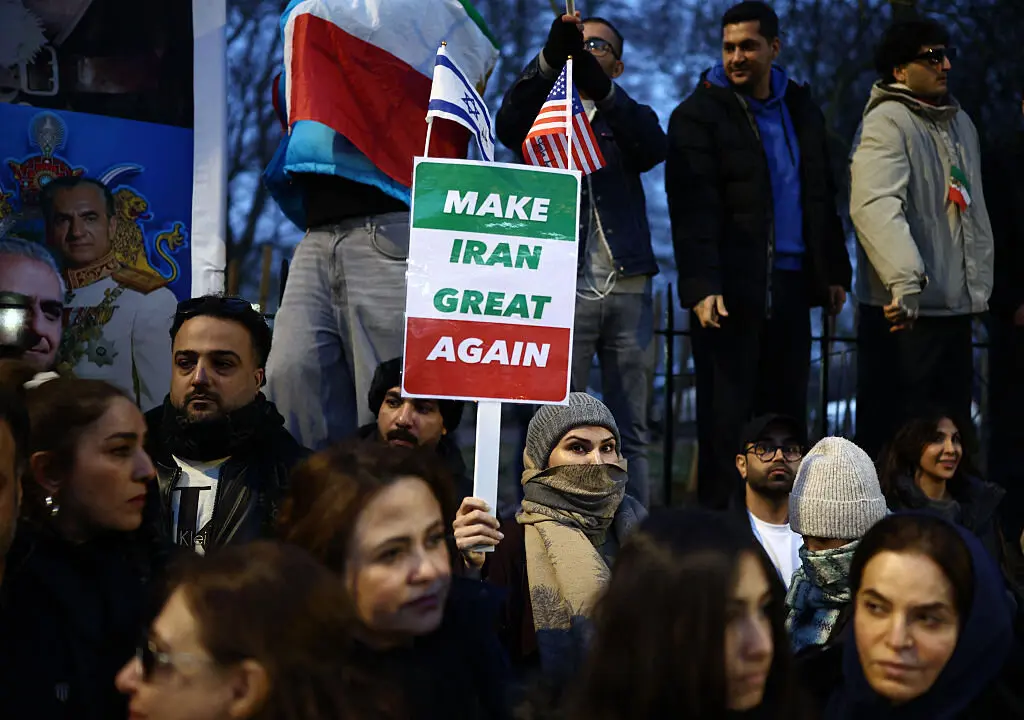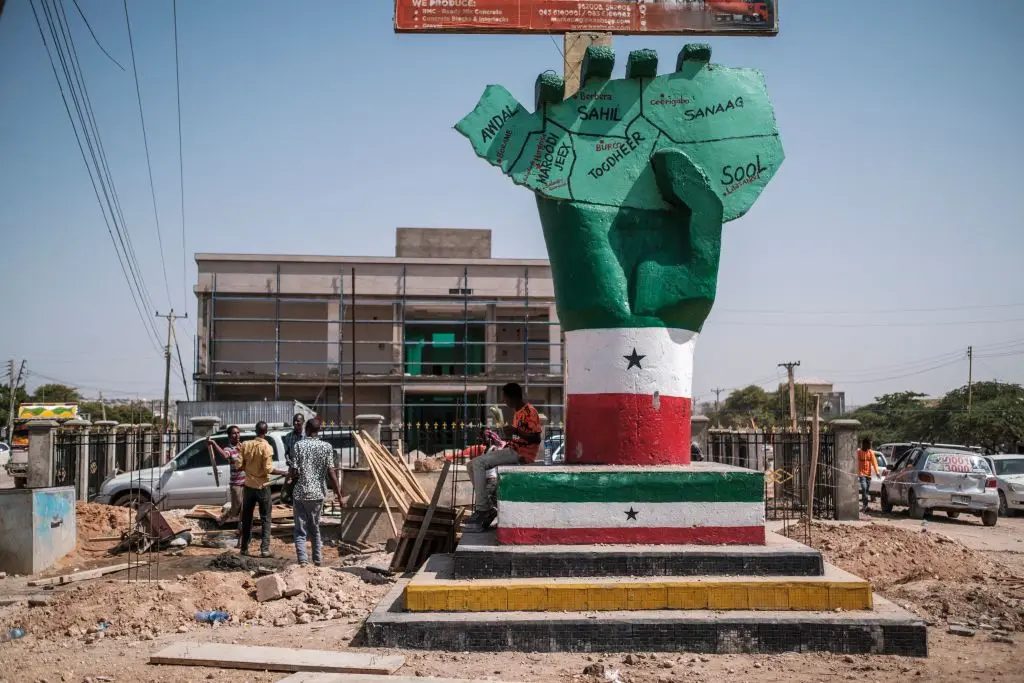Commentary
It’s a dog-eat-dog world—particularly, it seems, during a U.S. presidential election year—and yet we know that our progress truly depends on having a broader vision of humanity. So how do we pause, reflect, and start to regain that broader vision?





